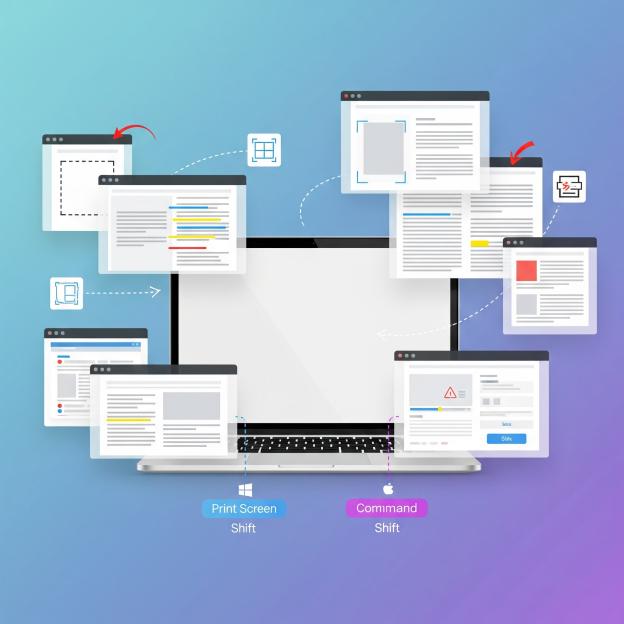In today’s digital age, technology plays a significant role in our daily lives, influencing how we communicate, work, and even cope with challenges. One of the most pressing issues that has emerged is addiction, which can take many forms, including substance abuse, gaming, and social media dependency. As we navigate this complex landscape, it is essential to consider whether technology helps or hinders addiction recovery. If you or someone you know is struggling, it’s crucial to get help with addiction treatment to address these issues effectively.
The Role of Technology in Addiction
Technology has transformed the way we access information and support. Online resources, such as forums, apps, and telehealth services, provide individuals with immediate access to help and guidance. For instance, many addiction treatment programs now offer virtual therapy sessions, allowing patients to connect with professionals from the comfort of their homes. This accessibility can be particularly beneficial for those who may feel stigmatized or uncomfortable seeking help in person.
Moreover, various applications are designed to assist individuals in tracking their progress, setting goals, and maintaining motivation. These tools can empower users to take control of their recovery journey, providing them with a sense of accountability and achievement. The anonymity of online support groups can also encourage more people to seek help, as they may feel safer discussing their struggles in a virtual environment.
The Dark Side of Technology
While technology offers numerous benefits, it also presents significant challenges in the context of addiction. The very platforms that provide support can also perpetuate addictive behaviors. For example, social media and gaming and gambling applications are designed to be engaging and rewarding, often leading users to spend excessive amounts of time on them. This can create a cycle of dependency that is difficult to break.
Furthermore, the constant availability of these platforms can make it challenging for individuals in recovery to resist temptation. Notifications, updates, and the fear of missing out (FOMO) can lead to relapse, as users may find it difficult to disengage from their devices. The ease of access to substances, whether through online marketplaces or social media, also poses a risk for those struggling with addiction.
Balancing the Benefits and Risks
To effectively harness the positive aspects of technology while mitigating its risks, a balanced approach is necessary. Education plays a vital role in this process. By raising awareness about the potential dangers of excessive technology use, individuals can be better equipped to recognize their habits and make informed decisions.
Additionally, incorporating technology into treatment programs can enhance their effectiveness. For instance, therapists can leverage digital tools to monitor their patients’ progress and provide tailored support. Integrating technology with traditional therapeutic methods can create a comprehensive approach to addiction recovery, addressing both the psychological and technological factors at play.
The Future of Technology and Addiction Recovery
As technology continues to evolve, its impact on addiction will likely grow more complex. Innovations such as virtual reality (VR) therapy and artificial intelligence (AI) could revolutionise how we approach treatment. VR can simulate real-life scenarios, allowing individuals to practice coping strategies in a controlled environment. AI-driven platforms can analyse user behaviour and provide personalised recommendations, making recovery more accessible and effective.
However, it is crucial to remain vigilant about the potential pitfalls of these advancements. As we embrace new technologies, we must also prioritise mental health education and promote healthy digital habits. Encouraging individuals to take breaks from screens, engage in face-to-face interactions, and pursue offline hobbies can help mitigate the risks associated with technology use.
In conclusion, technology plays a dual role in the realm of addiction, offering both opportunities for support and avenues for dependency. While it can facilitate access to resources and enhance treatment options, it can also exacerbate addictive behaviours. To navigate this complex landscape, individuals must be proactive in seeking help, whether through online resources or traditional treatment methods. If you or someone you know is struggling, remember that it’s essential to get help with addiction to foster a healthier relationship with technology and promote lasting recovery. As we move forward, striking a balance between embracing technological advancements and maintaining mindful usage will be key to overcoming the challenges of addiction in our increasingly digital world.






